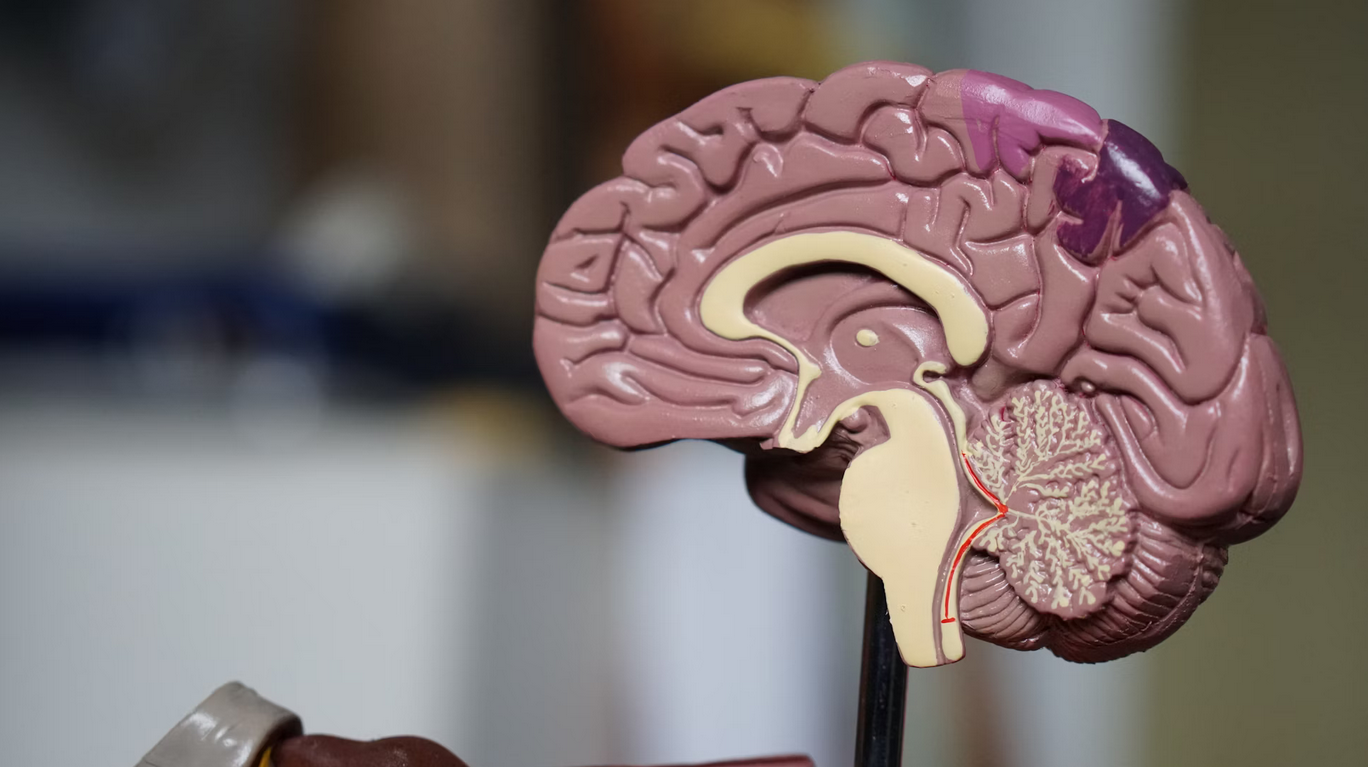
Experienced UIUC graduate student specializing in Math, Computer Science, and Writing
Availability:
Every day, 10:00am-10:00pm PST
Subjects:
Math
Computer Science
Writing
Hack Your Brain’s Cognitive Load to Improve Focus
Last Updated:

- Limit the amount of information you're holding onto in memory so you can free up mental space to focus on what's in front of you.
- A successful study strategy requires you to take time to assess yourself and your ability to stick to your goals.
- Your planning system, your emotional state, and your environment all impact your cognitive load and should be routinely assessed.
“How do I study?”
I get asked this question a LOT by students and even my peers in graduate school. Despite spending two decades in some form of schooling, I’ve still never found a great set of tools or resources to answer this question.
A big reason is that everyone is different, and different strategies are needed for different subjects and topics, and different instructors work best with different techniques based on supplementing class time.
As both a student and a tutor, I test a lot of strategies out on myself and with other students, and I’ve found some core concepts that I believe are important to consider when creating your own individual study plan. I’ll review them in this series!
Cognitive Load
One of the most useful concepts when designing a system of any kind is “cognitive load,” or the amount of information our memory can hold at one time. This is kind of like RAM for a computer, if you’re technically inclined. Cognitive load theory is already considered in designing courses as part of a broader model of human information processing. Some argue that it’s among the most important educational theories to be validated over decades of research.
Half the battle when it comes to a study schedule is organizing your tasks into a way that makes it abundantly clear what you have to work on next. You have tons of classes, clubs, extracurriculars, and personal obligations that compete with each other for your attention. If you feel overwhelmed at the thought of everything you have to do when you’re trying to concentrate on something else, you could benefit from reducing cognitive load.
In simple terms: the freer your mind is from planning and distractions, the more it can focus on doing the tasks you want.
Stick to the Plan!
I find many students, even those with good habits, keep a lot of their plans in their head. Usually, at the start of a semester, students come in with a plan to be organized and they’re very enthusiastic about it. But as they get busier, the organization system slips and falls apart.
While it can seem tedious to maintain an organization system instead of just doing the work, the real cost is in your increased cognitive load. Remembering your tasks in your head also means remembering their deadlines, their subcomponents, and the reference material. The stress of keeping all that in your head can hinder you from focusing on the actual tasks themselves.
Falling behind in your organization system like this can snowball quickly. While it might work for regular daily or weekly assignments, it falls apart with irregular needs like club competitions or tests.
For example, when you’re remembering you have a test coming up, you might also be considering all the lessons and assignments you need to review to prepare for it. You might be remembering the topics you’re weakest on that you’ll need extra preparation for, or details your teacher gave about the test and what will or won’t be on it. That turns one thing to remember into a lot more.
There are many systems out there, but none of them will work long-term if you don’t remember the cost to your cognitive load that comes from slipping up.
Your brain thinks more than you
Our brains pick up on a lot more information than we’re consciously aware of, which means your cognitive load might be occupied by things in your environment you might not have considered. We’re easily distracted by visual and auditory stimuli in our surroundings.
Your work environment shouldn’t be decorated to look nice, it should be designed to facilitate focus. For some people, that means a separate clean office space where there’s no clutter to distract your brain with. But if all you have is your room, then cleaning it up and freeing it from distractions can go a long way.
Music and noise are other potential distractions. While music can sometimes be worth it for you if it helps you relax or drown out other noises, it does add cognitive load for your brain to follow along with it. Some people claim to work well while in front of a TV with a “background show” for similar reasons.
Libraries and coffee shops are two popular examples of work spaces, yet are completely different. Libraries tend to be open spaces that are kept clean and quiet for work. Coffee shops tend to be cozy, active, and play music. Sometimes you might prefer one over the other depending on your mood and type of work.
Ultimately, you need to experiment with different types of environments to see how it impacts your cognitive load and effective studying.
Your brain also feels more than you
Sometimes, it’s not planning logistics that’s in your head, but thoughts and feelings that you’re processing. This is another potential impact on your cognitive load. Many negative emotions or thoughts like stress and anxiety impact the way memory works, and it’s common for young students to go through phases where emotional events in their life can heavily preoccupy their minds. Growing up is hard and filled with new experiences, both positive and negative.
There is active research going on in academic circles to identify empirical evidence that can connect emotional well-being to academic achievement using cognitive load as an explanation. However, evidence so far shows a link between emotional activity and cognitive load. They function in a cycle: emotions can impact your memory, which impacts your emotions, which impacts your memory. Positive emotions can encourage cognitive processes that improve your ability to learn.
It’s okay if you need help
As a tutor, I’ve talked to a lot of students struggling with concentration or comprehension who keep trying to brute force it through sheer willpower. In my experience, this rarely works and can easily lead to burn out. While there isn’t usually time to discuss organization and studying strategies in a classroom, tutors have the flexibility to help students find the right fit.
We’re always looking for students to guide, so reach out to us!





